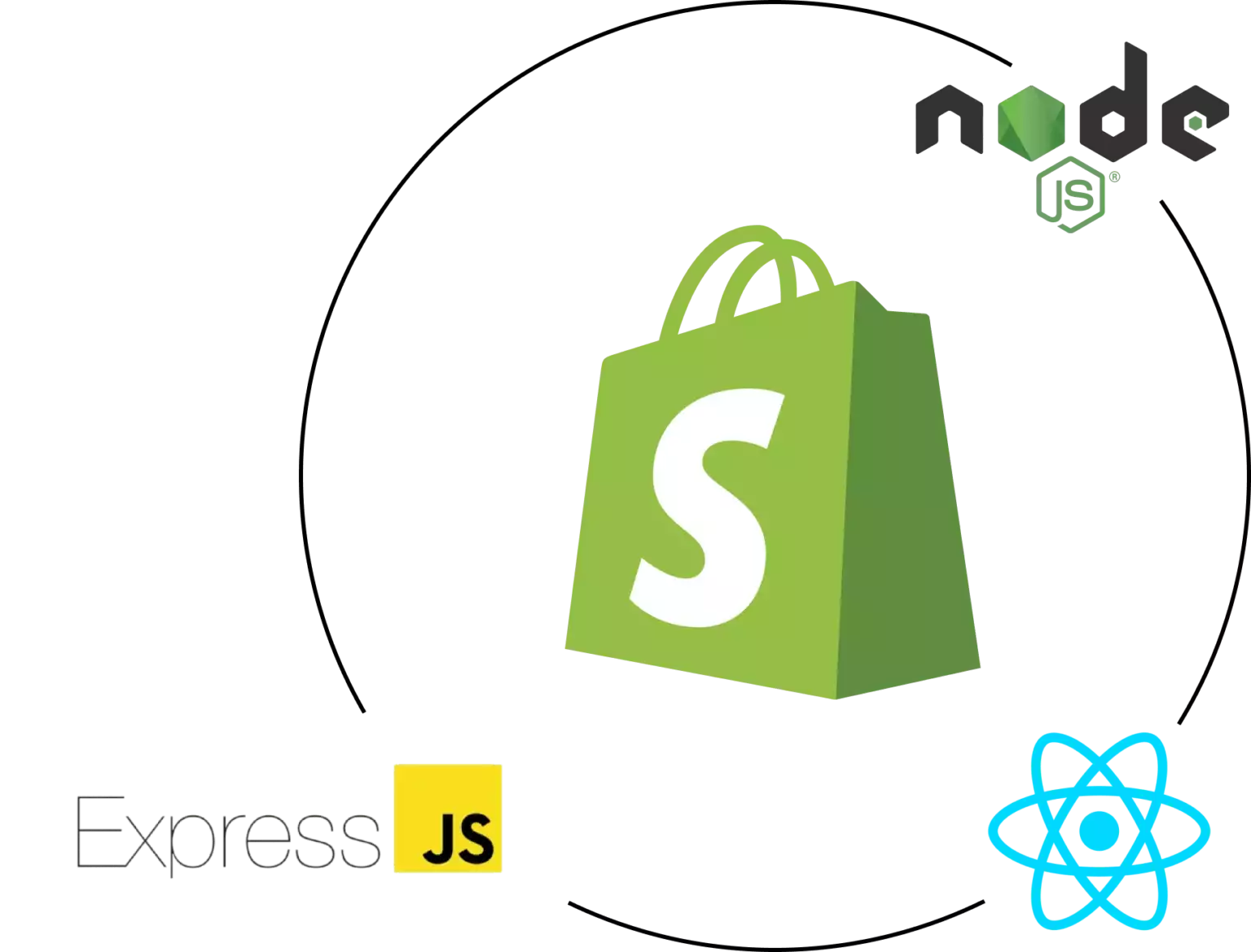Overview
In the current competitive e-commerce landscape, standing out is essential, and a top method to differentiate a Shopify store is through custom app development. A robust Shopify app can enhance store functionality, simplify processes, and elevate customer interaction. This article explores key aspects of Shopify app development, covering API integration and app ecosystem to scaling strategies and promotion methods, providing a roadmap for companies looking for unmatched store performance.
Why Shopify API Integration Matters
Shopify’s API provides powerful tools to personalize and expand store capabilities. With GraphQL and REST APIs, developers can access data to build applications that handle inventory management, order handling, and customer data management smoothly. Using Shopify’s API can lead to better workflow automation and allows stores to assist shoppers more effectively.
Adopting the Polaris Design System
Polaris is Shopify's design system for designing user-friendly and easy-to-use Shopify apps. By following Polaris principles, developers guarantee that apps seamlessly integrate within the Shopify Admin experience. This provides a cohesive look and feel that appeals to Shopify merchants, promoting usability and familiarity for merchants using your tailored app.
Understanding the Shopify App Ecosystem
The Shopify app ecosystem offers endless possibilities for improving online stores. From handling order fulfillment to boosting customer interaction, apps in this environment are tailored to meet diverse business requirements. Learning about this ecosystem assists developers in finding unique app ideas and enables smooth connections of third-party services that add value to the store.
Building Embedded Shopify Apps
Embedded apps work seamlessly within the Shopify Admin, providing a smooth interface for merchants. They allow merchants don’t have to navigate away from their Shopify control panel, simplifying their process. Using Shopify App Bridge and embedded app capabilities is recommended for offering a unified, well-integrated user experience.
Leveraging Node.js and React for Shopify Development
Node.js and React have emerged as ideal tools for Shopify app creation. This server-side framework enables efficient server-side applications, while React allows for interactive and adaptive front-end design. Together, they provide an excellent platform for building fast, growth-ready Shopify apps that enhance store performance and customer engagement.
Webhooks in Shopify Apps
Webhooks allow real-time data updates between Shopify and an external app. They initiate events such as new orders or inventory updates and send instant alerts to your app. By implementing webhooks, apps can deliver real-time information to store owners, simplifying processes and boosting productivity.
Engaging Customers Through Digital Marketing for Shopify Apps
To make a Shopify app successful, connecting with users is key. Using online marketing techniques like SEO, email marketing, and social media campaigns can increase app usage. Additionally, designing apps with customer interaction as a focus (e.g., loyalty programs or personalized recommendations) increases user loyalty and satisfaction.
Scaling Your Shopify App
As e-commerce stores expand, so do their technology requirements. Making sure that your app can scale to handle higher usage, larger data sets, and more advanced functionalities is critical. By optimizing Building optimized Shopify apps server resources and using scalable solutions, you can develop apps that expand in parallel to a store’s growth.
Important Features and Maintenance Tips for Shopify Apps
For an app to be effective, it should offer essential features like user login, analytics dashboard, and customer support options. Ongoing app upkeep, including updates to fix bugs and compatibility checks with new Shopify features, is important to ensure uninterrupted performance and prevent disruptions to merchant workflows.
Summary
Custom Shopify app development offers immense opportunities for e-commerce businesses, providing the chance to improve store functionality, streamline processes, and foster customer loyalty. Node.js for Shopify With API integrations and Node.js to ensuring scalability and customer engagement, building a Shopify app involves careful planning and strategic execution. If you’re ready to elevate your e-commerce experience, a custom Shopify app could be the ideal choice. What capabilities do you see for your ideal app? Share your thoughts and take the first step toward an optimized e-commerce journey!
